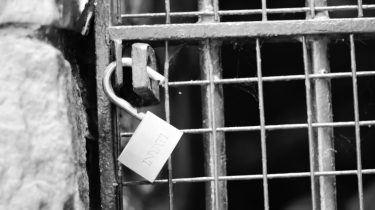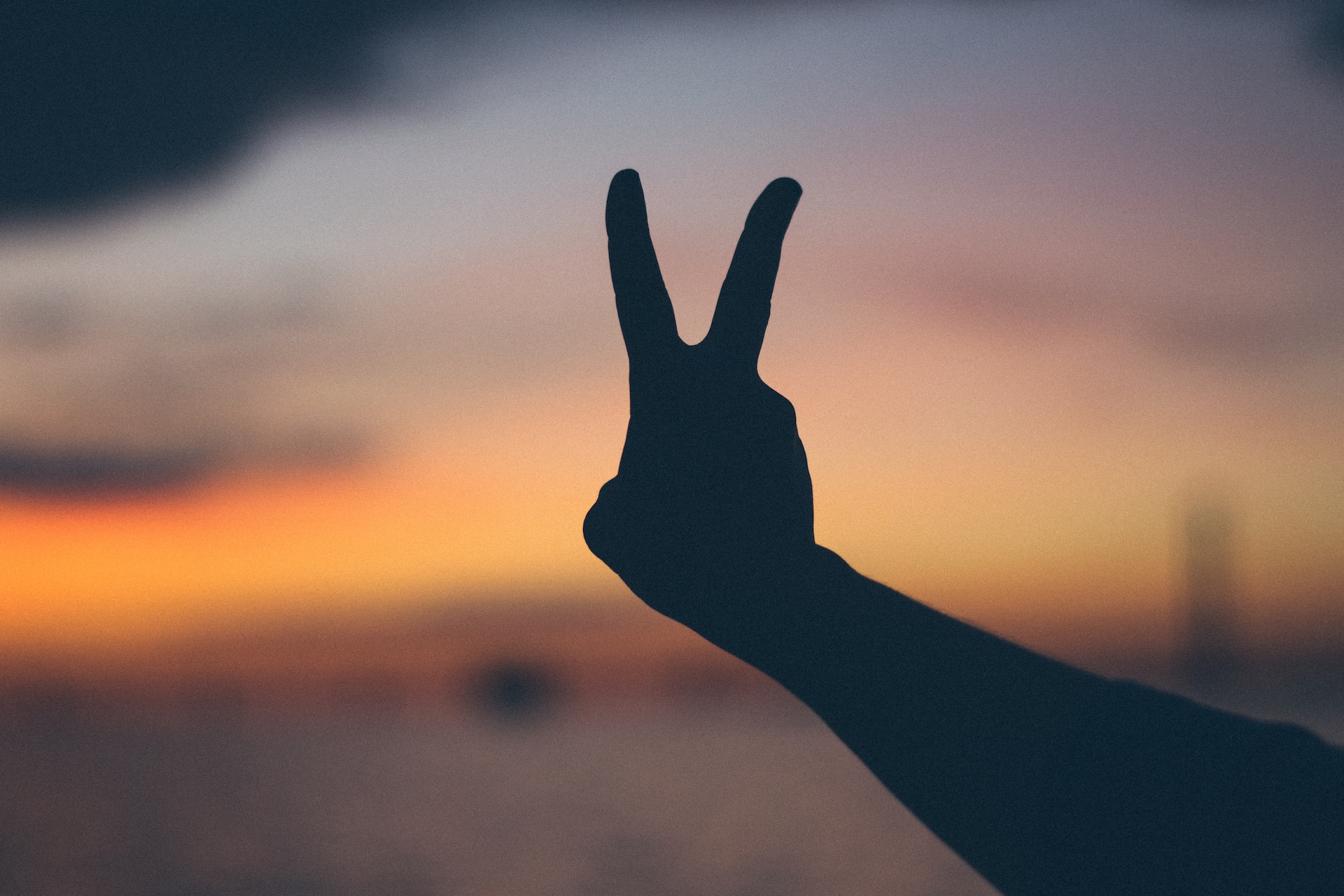Russian War Opponent Boris Kagarlitsky Unexpectedly Released from Prison

In a surprising turn of events, Russian war opponent Boris Kagarlitsky was released from prison on December 12 in Suktyvkar, defying the trend of increased repression against peace advocates in Russia. Kagarlitsky, known for his vocal opposition to Russia’s aggression against Ukraine, was arrested on July 25 by the FSB and transported to the remote Republic of Komi. Accused of “justifying terrorism” in a YouTube video, he faced the possibility of a severe prison sentence.
Charges and Trial Proceedings
The charges against Kagarlitsky stemmed from a video on the Rabkor YouTube channel, where he discussed the explosion on the Crimean Bridge in the summer of 2022. Under Article 205.2 of the Russian Criminal Code, he risked imprisonment for 5 to 7 years. However, in an unexpected outcome, Kagarlitsky left the court a free man, albeit with restrictions on editing media and a fine of 6,000 dollars.
International Support and Impact
Kagarlitsky’s release has been attributed to widespread international support, including from the People and Peace Network and various environmental and peace movements. This global backing, along with his status as a prominent left-wing intellectual previously imprisoned during the Soviet, Yeltsin, and Putin eras, played a significant role in the trial’s outcome.
Environmental and Peace Movements Rally
The verdict has been seen as a catalyst for further cooperation between the climate and peace movements, both within Russia and globally. Despite being labeled as foreign agents, Kagarlitsky and the Russian environmental movement have shown resilience, with ongoing protests, particularly in Suktyvkar, demonstrating the potential for unified action for peace and environmental causes.

Broader Campaign for Peace Advocates
The campaign for Kagarlitsky’s release was part of a broader effort to support all political prisoners in Russia. It united academics, peace activists, and environmentalists, highlighting a strategic approach that aids opposition voices in Russia. Notably, Radika Desai, an academic cooperating with Kagarlitsky, raised his case with Putin during a Valdai meeting, illustrating the diverse tactics employed in the campaign.
International Solidarity in Sweden
In Sweden, the People and Peace Network actively supported Kagarlitsky. The Peace Fair in November, organized by various groups including Artists for Peace and Women for Peace, emphasized the repression against war opponents in Russia, Belarus, Ukraine, and the EU. This international solidarity movement has played a crucial role in advocating for Kagarlitsky and other war opponents, signaling a strong global response against political repression.
©globalpeacemovement.org
